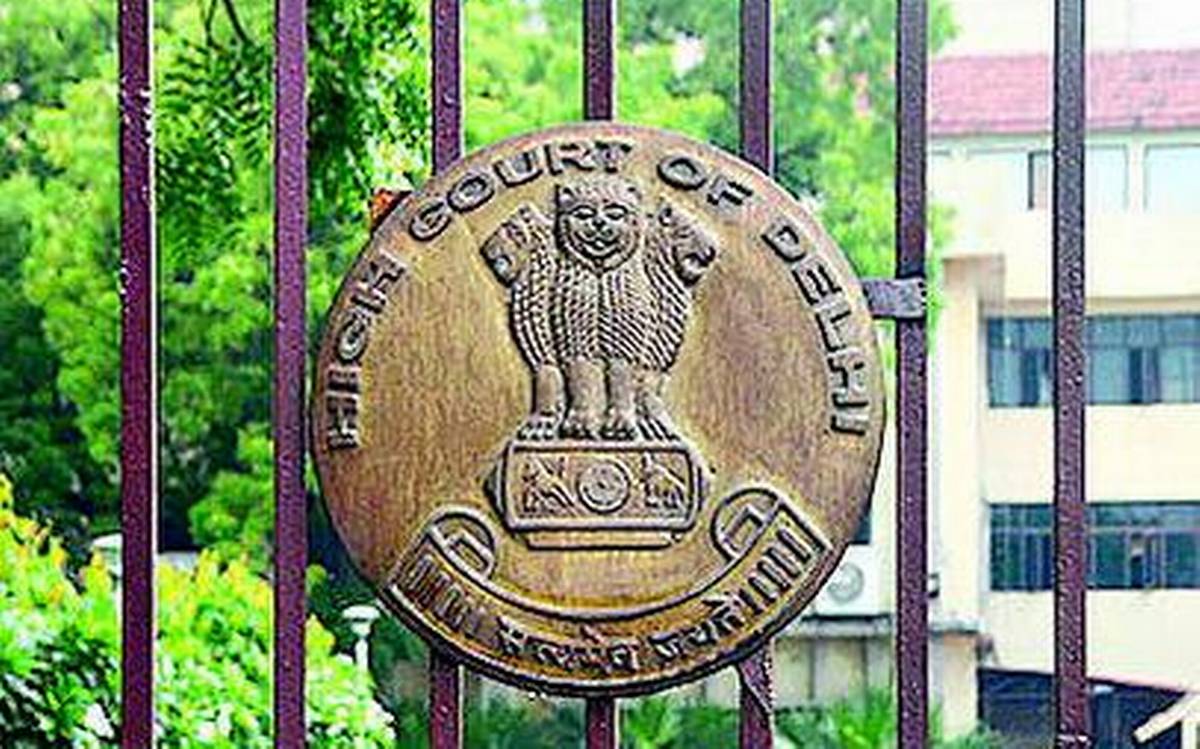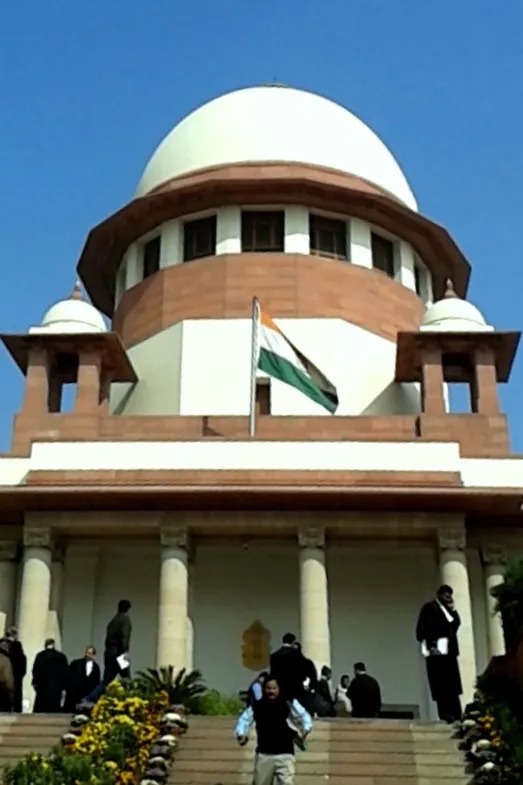1. This appeal arises out of a suit brought by plaintiff appellant to recover arrear of rent due for the years 1313 to--1316 in respect of a certain tenure known as Lot Tajpur and to enforce a charge upon another property (a 4-annas share in Sandhya Bazar) hypothecated by way of security for the rent.
2. Both properties have passed out of the hands of the persons who may be spoken of as the original owners and the question for our consideration in this appeal is, whether the hypothecated share of Sandhya Bazar in the hands of the new owners continues liable for the rent of Lot Tajpur. In both cases the transfers, it should be observed, were by private sales.
3. The answer to the question propounded depends in the first instance upon the construction of a kabuliyat executed on the 12th December 1891 by the original tenants, Udoy Chand and Pran Krishna Mukherjee. The relevant portions of the kabuliyat run thus: "If default be made in the payment of rent, you (i. e., the landlord) will realize the arrears by instituting suits...and by the auction sale of the said Lot. If the whole be not realised by the auction sale, then we shall be liable for the balance and shall pay the amount from our own pockets. If we do not do so, you will realise the same by the attachment and sale of our property hypothecated as security and of our other moveable and Immovable properties...so long as we are not released from the liability to pay the rent of this mokarari mahal, we shall not be able to transfer in any manner the property mortgaged as security for the rent of the Lot.... The terms of the kabuliyat thus executed by us shall, on our death, be binding equally on our heirs, successors and representatives."
4. It may be conceded that the words "successors and representatives" include assignees or transferees, but even so I am of opinion that on the true construction of the kabuliyat, if the liability of the Mukherjees to pay the rent of Lot Tajpur has ceased, the mortgage or charge on Sandhya has been extinguished.
5. Now the tenure in question, it is not disputed, is a permanent tenure to which the provisions of the Bengal Tenancy Act are applicable. In a large number of cases decided in this Court, for instance in the cases Kristo Bulluv Ghose v. Kristo Lal Singh 16 C. 642 ; 8 Ind. Dec. (N.S.) 424; Chintamoni Butt v. Bash Behari Mondul 19 C. 17 ; 9 Ind. Dec. (N.S.) 457 and Rup Chand v. Narendra 28 Ind. Cas. 683 ; 19 C.W.M. 112 it has been held that where the provisions of Section 12 of the Act have been complied with, the transferor of a permanent tenure ceases to be liable for subsequent rent. In this case the transfer took place in December 1903 and was well known to the landlord, who after the transfer and before the present suit has brought three successive rent suits against the transferees. On the authority of the cases cited I am, therefore, of opinion that the Mukherjees have long ceased to be liable for the rent of Tajpur and that the charge or mortgage on Sandhya has been extinguished.
6. It has been urged by the appellant that this view of the law makes the taking of security nugatory. That no doubt is so. The demand for security appears to have been based on the provisions of Section 5 of the Bengal Putni Taluk Regulation, 1819, there being many Putnis in this Burdwan Zemindari. But the permanent tenure now in question is not a Putni Taluk, the Mukherjees, who were themselves purchasers, were not required to furnish security and the Zemindar was not entitled to make the furnishing of security a condition of recognition. I should, therefore, dismiss the appeal with costs.
7. It should be here observed that it is conceded the Khan defendants have bought only two-thirds of the mortgaged share and that, therefore, in any view, in this suit the charge could be enforced only to the extent of two-thirds of the claim.

